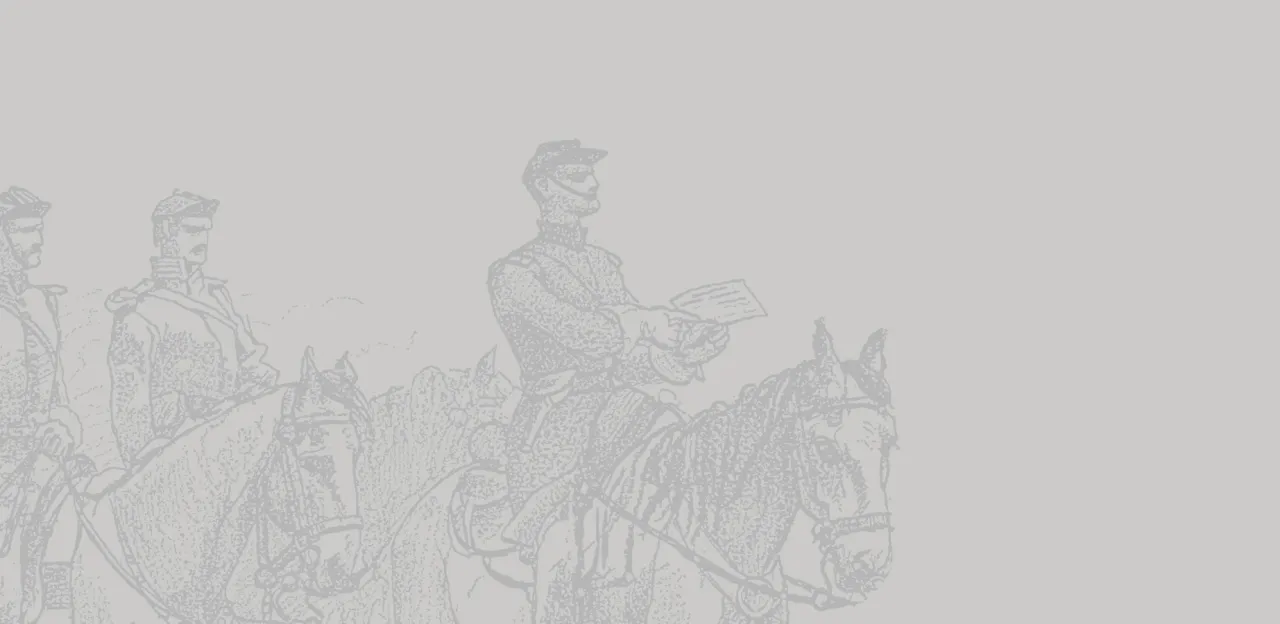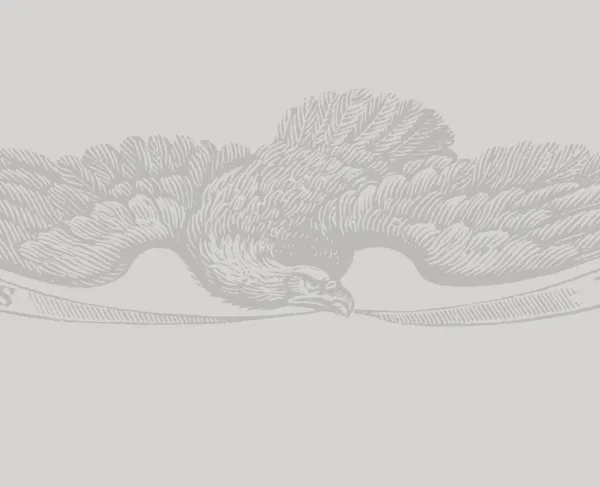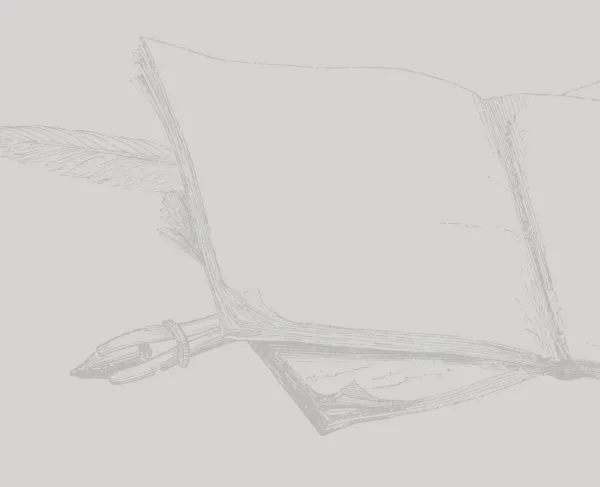Port Hudson: "Six Charges Upon The Enemy's Works"

The following newspaper correspondence appeared in The Philadelphia Inquirer on June 15, 1863, reporting on the assaults at Port Hudson on May 27, 1863. These excerpts focus on the importance of Port Hudson and the first battle of Black soldiers, recruited from freedmen and formerly enslaved men from Louisiana. The writer assured his readers that African American soldiers would fight bravely and detailed their charges and casualties.
IMPORTANT FROM LOUISIANA.
From the New York Times.
Gen. Augur's Headquarters, before Port Hudson, Sunday, May 31, 1863.—From the day I arrived here—on the 27th, until now—the evening of the 31st—I have had in my ears one almost constant roar of artillery, musketry and bursting shells—sometimes rumbling away in the distance, right and left—sometimes crushing through the trees in immediate proximity, and often kept up through the greater portion of the night.
I mentioned in my last that on the 26th I had the pleasure of riding along our lines with Generals BANKS and ARNOLD. It was a trying day and night for the Commanding General, for it was the eve of the day of the commencement of that grand attack, or series of attacks, on Port Hudson, upon which the hopes of the nation are hanging.
With Port Hudson ours, Vicksburg falls; with Port Hudson and Vicksburg in our hands, the Mississippi [River] is reclaimed, commerce revives, and the Rebellion crumbles to pieces. Successful in so grand an undertaking, what name would stand higher on the record than that of Major-General N.P. BANKS? If unsuccessful, a greater man than even him would probably encounter the disastrous effect of a nation's disappointment. These were the thoughts, no doubt, occupying the General's mind as I saw him pacing the floor of the piazza at midnight, and going out alone on horseback at 2 A.M., to see to the perfection of some part of his arrangements. Those of us who expected that we were going to see brisk work in the morning, were not deceived, for the next day, Wednesday, the 27th, the ball was opened in earnest.
To give the reader a clear idea of what we are engaged in, it is necessary to have recourse to the map. It will there be seen that Port Hudson stands opposite a sudden bend in the Mississippi River, the river above and below the fortress is in possession of our gun-boats, the Rebels having nothing, whatever afloat in those waters. They had two boats two days previously, and, doubtless, for the purpose of making good their escape if too sorely pressed, kept them snugly hidden in the Big Sandy Creek, which runs into the Mississippi River immediately above Port Hudson. But GENERAL BANKS had heard of this and sent the indomitable Colonel PRINCE to take them with a portion of his Seventh Illinois cavalry, and that gallant officer had sent the gratifying intelligence to head-quarters, on the evening of the 25th, that the Starlight and Red Chief were in his possession.
Thus deprived of all possible means of escape by water, the next thing was to determine how to encircle them by land. This has been done by one of the most masterly plans that could have been possibly arranged. Commencing at the extreme northwestern end of Port Hudson, and stretching round it in a southeasterly direction, GEN. BANKS has succeeded in surrounding them by a complete semi-circle of troops; Brigadier-General GROVER—with the commands of Brigadier-Generals DWIGHT, PAINE, DUDLEY and WEITZEL—occupied the right, with Major-General AUGER occupied the centre, and Brigadier-General SHERMAN the left wing; the entire line extending over a space of several miles.
It having been surmised that the plan of attack was to commence bombarding from all points, and—after four or five hours—to make a simultaneous rush at the forts from every directions of the forts, to catch the first notes of the impending struggle.
Sure enough they came. From early dawn cannonading was heard in every direction, and about 8 o'clock it grew into one loud and continuous roar.
The Black Regiments.
Hearing the firing, apparently more fierce and continuous to the right than anywhere else, I hurried in that direction past the sugar house of Colonel CHAMBERS, where I had slept, and advanced to near the pontoon bridge across the Big Sandy Bayou, which the negro regiments had erected, and where they were fighting most desperately. I had seen these brave and hitherto despised fellows the day before, as I rode along the lines, and I had seen General BANKS acknowledge their respectful salute as he would have done that of any white troops; but still the question was, with too many, "Will they fight?" The black race was, on this eventful day, to be put to the test, and the question to be settled, now and forever, whether or not they are entitled to assert their right to manhood.
Nobly, indeed, have they acquitted themselves, and proudly may every colored man hold up his head and point to the record of those who fell on that bloody field.
Gen. DWIGHT, at least, must have had the idea not only that they were men, but something more than men, from the terrific test to which he put their valor. Before any impression had been made upon the earthworks of the enemy, and in full face of batteries belching forth their 62-pounders, these devoted people were rushing forward to encounter grape, canister, shell and musketry with no artillery but two small howitzers, that seemed mere pop-guns to their adversaries, and no reserve whatever.
Their forces consisted of the First Louisiana Native Guards (with colored officers), under Lieut.-Col. BASSETT, and the Third Louisiana Native Guards, Col. NELSON (with white field officers), the whole under the charge of the latter officer.
On going into action they were 1080 strong, and formed into four lines, Lieut.-Col. BASSETT, First Louisiana, forming the first line, and Lieut.-Colonel HENRY FINNEGAS the second. When ordered to charge up to the works, they did so with the skill and nerve of old veterans (black people, be it remembered, who had never been in action before), but the fire from the Rebel guns was so terrible upon the unprotected masses, that the first shots moved them down like grass, and so continued.
Col. BASSETT being driven back, Col. FINNEGAS took his place, and his men being similarly cut to pieces, Bol. BASSETT reformed and recommenced; and thus these brave people went on, from morning until 3 1/2 P.M. under the most hideous carnage that men ever had to withstand, and that very few white ones would have had the nerve to encounter, even if ordered to. During this time they rallied, and were ordered to make six distinct charges, losing thirty-seven killed, and had one hundred and fifty-five wounded and one hundred and sixteen missing—the majority, if not all, of these being, in all probability, now lying dead on the gory field, and without the rites of sepulture; for when, by a flag of truce, our forces in other directions were permitted to reclaim their dead, the benefit, through some neglect, was not extended to these black regiments.
The deeds of heroism performed by these colored men were such as the proudest white men might emulate. Their colors are torn to pieces by shot, and literally bespattered by blood and brains. The Color-Sergeant of the First Louisiana, on being mortally wounded, hugged the colors to his breast, when a struggle ensued between the two Color-Corporals, on each side of him, as to who should have the honor of bearing the sacred standard, and during this generous contention one was seriously wounded. One black Lieutenant actually mounted the enemy's works three or four times, and in one charge the assaulting party came within fifty paces of them. Indeed, if only ordinarily supported by artillery and reserve, no one can convince us that they would not have opened a passage through the enemy's works.
Captain CAILLOUX, of the First Louisiana, a man so black that he actually prided himself upon his blackness, died the death of a hero, leading on his men in the thickest fight. One poor wounded fellow came along with one arm shattered by a shell, and jauntily swinging it with the other, as he said to a friend of mine, "Massa, guess I can't fight no more." I was with one of their captains, looking after the wounded going in the rear of the hospital, when we met one limping along toward the front. On being asked where he was going, he said, "I been shot bad in de leg, Captain, and dey want me to go to de hospital, but I guess I can gib 'em some more yet." I could go on filling your columns with startling facts of this kind, but I hope I have told enough to prove that we can henceforth rely upon black arms as well as white in crushing this infernal Rebellion.
Although repulsed in an attempt which, situated as things were, was all but impossible, these regiments, though badly cut up, are still on hand, and burning with a passion ten times hotter from their fierce baptism of blood.
Source:
"Important from Louisiana" and "The Black Regiments," The Philadelphia Inquirer, Monday, June 15, 1863, Page 2. (Accessed through Newspapers.com)
Related Battles
5,000
7,208

